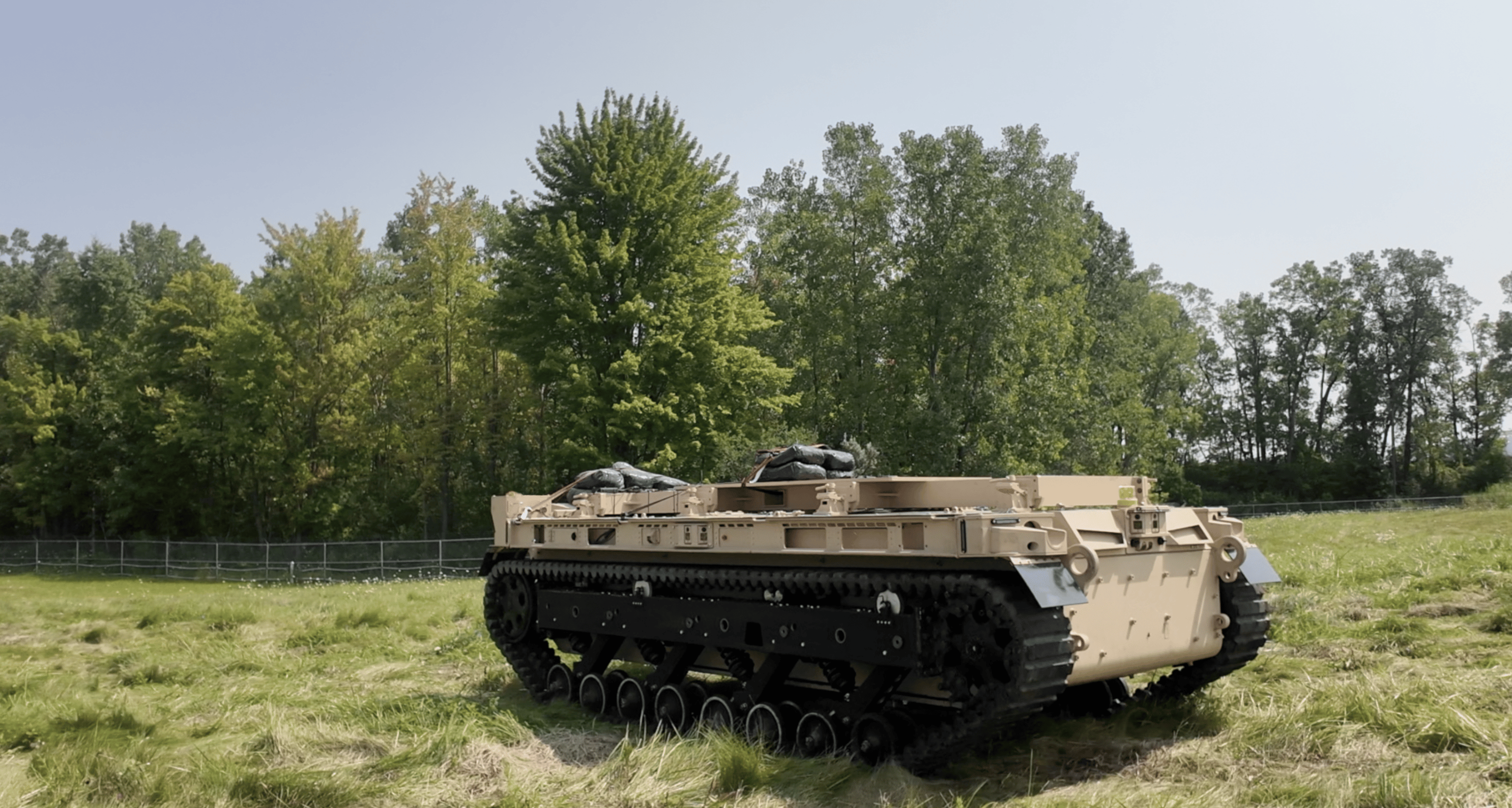JIS Z 2370 Rain and Spray Tightness Testing for Vehicle Canopies
The JIS Z 2370 standard is a critical benchmark in the automotive industry, ensuring that vehicle canopies are rain and spray-tight. This testing procedure is essential for verifying that vehicles meet stringent safety and performance standards under adverse weather conditions.
Vehicle canopies play a crucial role in protecting passengers and cargo from external elements such as rain, snow, and dust. Ensuring the tightness of these structures not only enhances passenger comfort but also contributes to vehicle durability and reliability. The test method specified by JIS Z 2370 provides a standardized approach for manufacturers to verify that their canopy designs meet international quality benchmarks.
The testing process involves subjecting the canopy to controlled rain and spray conditions, typically using an immersion chamber or a specialized rig. The apparatus used in this procedure includes nozzles capable of generating fine sprays and high-pressure water jets. These devices simulate real-world environmental conditions that can impact the integrity of vehicle canopies.
The acceptance criteria for JIS Z 2370 are stringent, requiring that there be no visible leaks or signs of moisture penetration under specified test conditions. This ensures that vehicles meet not only performance but also safety standards set by regulatory bodies such as ISO and ASTM.
Failure to comply with these standards can lead to significant issues in the field, including passenger discomfort, reduced vehicle life span, and potential safety hazards. Therefore, it is imperative for manufacturers and quality managers to ensure that their canopy designs undergo rigorous testing according to JIS Z 2370.
The process of conducting this test involves several steps:
- Preparation: Cleaning the canopy surface thoroughly to remove any dirt or debris that could interfere with the integrity test.
- Immersion: Submerging the canopy in a controlled environment where it is exposed to rain and spray for a specified duration.
- Inspection: Carefully observing the canopy for any signs of moisture penetration or leaks. This step requires meticulous attention to detail, as even small imperfections can compromise the overall integrity of the vehicle.
- Evaluation: Based on observations during inspection, determining whether the canopy meets the acceptance criteria specified in JIS Z 2370.
Why It Matters
The importance of JIS Z 2370 rain and spray tightness testing for vehicle canopies cannot be overstated. Vehicle canopies are exposed to a wide range of environmental conditions, and their integrity directly affects passenger safety, comfort, and the longevity of the vehicle.
From a safety perspective, ensuring that canopies are leak-free is critical. Moisture ingress can lead to rust formation, which could weaken structural components over time, posing a risk to passengers during adverse weather conditions. This testing helps manufacturers identify any potential weaknesses in their design and materials early on, allowing for timely corrections before vehicles reach the market.
Comfort is another key factor, as passengers are more likely to appreciate vehicles with canopies that do not leak or allow water droplets to accumulate inside. This enhances overall passenger satisfaction and can contribute positively to brand reputation.
Benefits
- Compliance with international standards, ensuring product quality and safety.
- Enhanced passenger comfort by minimizing water ingress into the vehicle cabin.
- Prolonged service life of vehicles through prevention of rust and corrosion in structural components.
- Improved brand reputation and customer satisfaction due to superior product performance.
Industry Applications
| Application Area | Description |
|---|---|
| Retail Vehicle Manufacturers | Ensuring that canopies are rain and spray-tight, thereby enhancing the overall safety and comfort of vehicles. |
| Commercial Truck Manufacturers | Verifying canopy integrity in trucks used for cargo transport to prevent damage from adverse weather conditions. |
| Specialized Off-Road Vehicles | Testing canopies that are exposed to extreme weather conditions, ensuring durability and safety for the end-user. |





